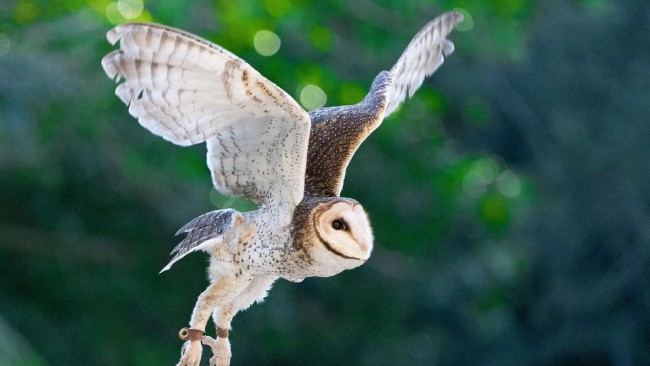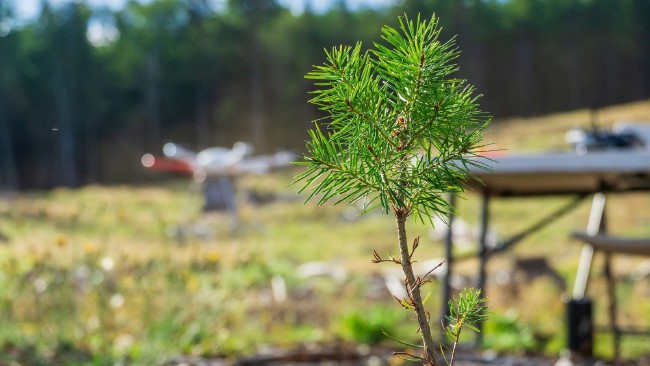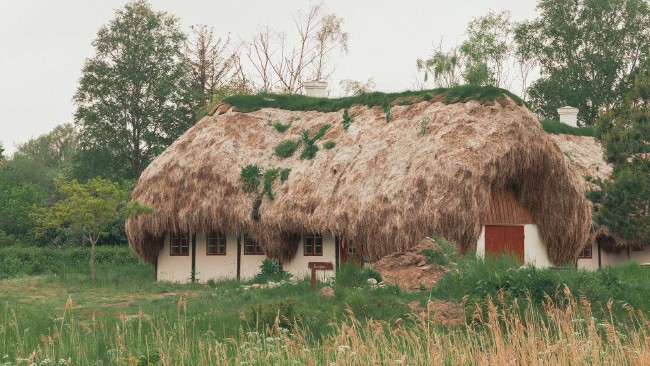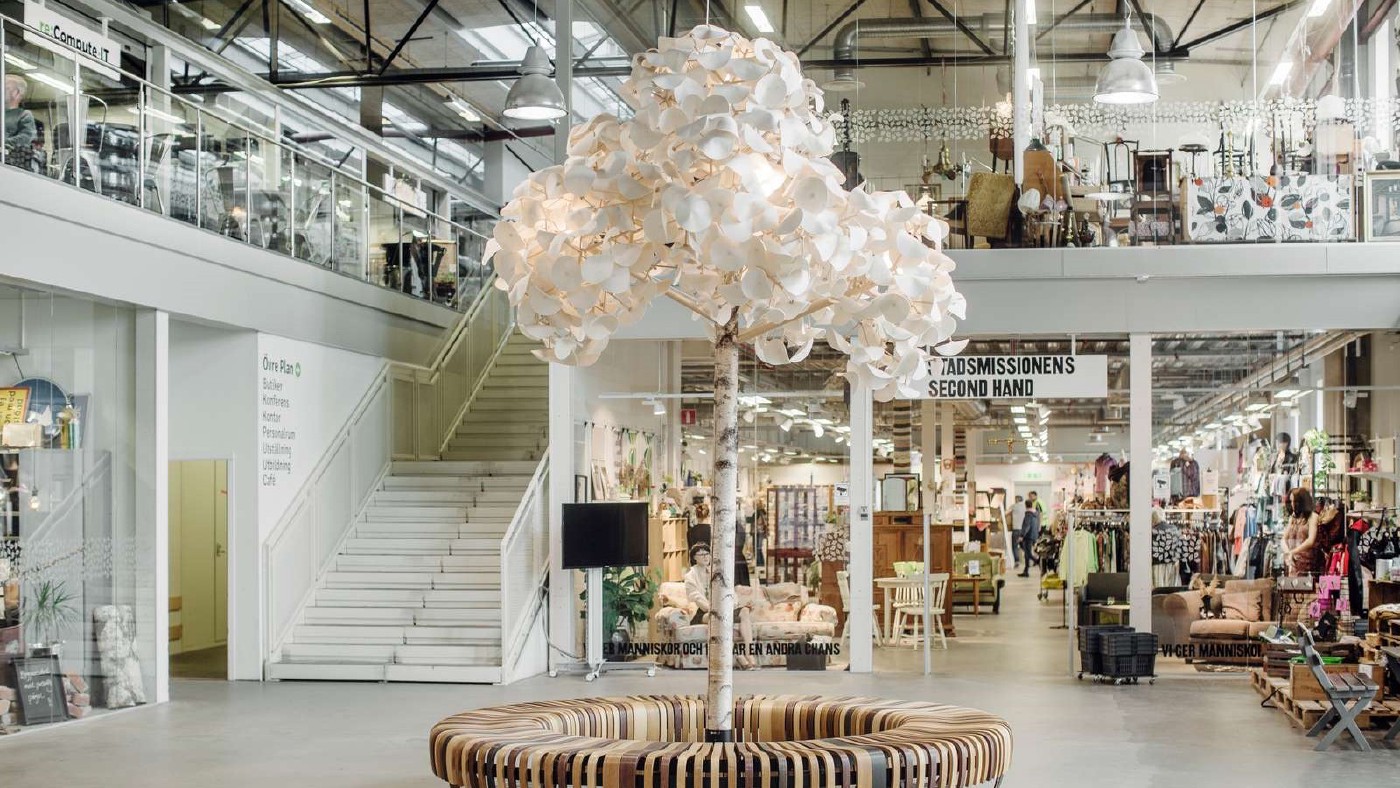
👜 Hydrogen and Recycling Mall
Hi 👋 Did you know? When a pathogen enters a honeybee hive, the bees practice social distancing to prevent it from spreading and causing too much damage. Now, researchers want to study honeybee colonies to understand the value and effectiveness of social distancing fully.
📈 Uplifting Trends and Facts
- In Portugal, it is now illegal for employers to contact their employees outside of their regular hours. This rule echoes a similar one that France passed in 2017, giving workers the right to ignore after-hours business emails.
- Four Latin American countries—Ecuador, Colombia, Panama and Costa Rica—will create a 500,000 sq km marine reserve in the Pacific. The Eastern Tropical Pacific Marine Corridor (CMAR) will provide a sanctuary for hammerhead sharks, leatherback turtles and other endangered marine life.
- Finland plans to let workers check what their colleagues earn if they suspect they are victims of discrimination. The government aims to reduce the gender wage gap, estimated to be 17.2% in the country—way worse than the 12.5% OECD average.
- According to the latest State of the Thames report, the River Thames in London now hosts seals, seahorses and even sharks, more than half a century after it was declared “biologically dead.”
- Costa Rica and Denmark led an initiative that created the Beyond Oil and Gas Alliance during the COP26. For now, this alliance of 11 governments—including Sweden, France, Greenland, Ireland, Wales, and Québec—aims to phase out oil and gas production and bolster climate ambitions in line with the Paris Agreement.
🔎 The Climate Observer
We’ve created this brand new section to dive into climate-change-related news, its causes and implications. Let us know what you think!
In the past few weeks, British Columbia witnessed the worst floods in recorded history, leading to the evacuation of nearly 20,000 people and $1 billion in damages. Also, two weeks after the first rainfalls, Vancouver is still virtually inaccessible by road from the rest of the country—forcing the government to impose restrictions on fuel and travel.
Why? Nowadays, floods create more damage than before because of a combination of factors.
- Forests can naturally slow water down, absorb it and release it gradually over several days. But, human intervention remodelled the landscape and replaced these forests with paved areas that redirect water straight into rivers and lakes, overflowing them in the process.
- The growing population led to the creation of entire neighbourhoods in areas with a significant risk of flooding. Each flood can also affect more people since urban areas are denser and denser.
- As a result, floods would be more serious even without climate change. However, global warming also plays its part by evaporating more water from the ocean and letting the warmer atmosphere hold a greater volume of water, increasing rainfalls’ intensity. Moreover, droughts make the soil extremely dry and compact—impeding its ability to absorb and retain water.
In a nutshell, global warming worsens the rainfalls, and many factors reduce the land’s ability to drain water properly. In British Columbia, the main causes for these extreme floods include the proximity to the ocean, intensive logging, and having drained the Sumas Lake artificially to create fertile farmlands 100 years ago. Last week, the overflow from the nearby rivers refilled the Sumas Lake, as anticipated by a 2020 report.
With work from home becoming more pervasive, we don’t necessarily need to live in urban areas anymore—helping us build a world more resilient towards floods.
🚀 The Device That Produces Green Hydrogen From Water
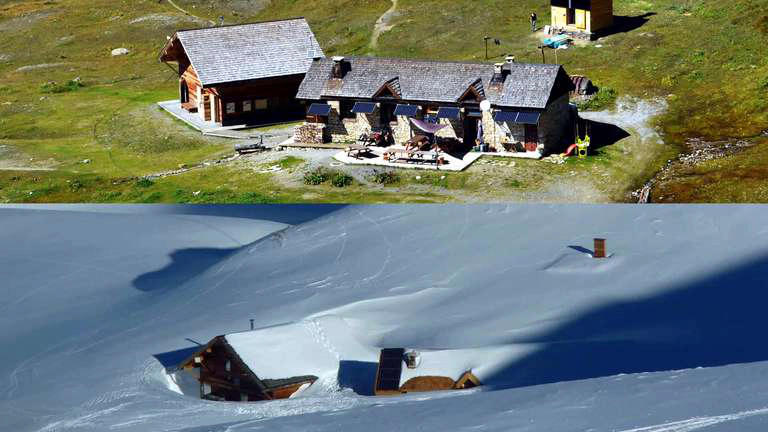
The German startup Enapter designed an award-winning technology that makes emission-free hydrogen accessible to all.
Vaitea Cowan, the co-founder, was born in New Caledonia, where climate change—the sea-level rise in particular—is a pressing existential threat to the entire population. Her goal was to replace all the diesel generators in New Caledonia’s remote areas with green energy.
Enapter’s technology is an ion exchange membrane electrolyzer that uses renewable electricity to separate the hydrogen and oxygen atoms in the water. According to their research, a generator can power a home for several days with just 2.4 litres of water—half of what we need to flush a toilet once.
The company has deployed its innovation across 33 countries and expects to start mass production in 2023.
Why does it matter? About 80 percent of global energy consumption still relies on fossil fuels. Green hydrogen is poised to be a credible alternative, but some researchers have criticized the currently available technologies for their low efficiency and high cost.
Enapter claims its AEM Electrolyser solves these issues and provides an economically attractive way to produce clean energy, even at home.
👜 The Mall That Only Sells Upcycled Products
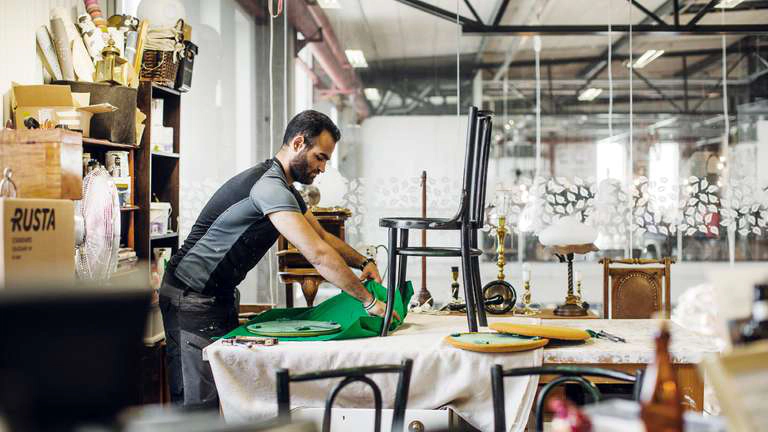
In Sweden, ReTuna Återbruksgalleria is the world’s first mall that combines a recycling centre with a circular-economy-centric shopping experience.
There, you can drop off old toys, furniture, clothes, decorative items, and electronic devices in the mall’s depot. Then, the organization distributes the reusable items to the mall’s recycling shops that fix them up and resell them.
Through this cycle, ReTuna has created a one-stop-shop to recycle unwanted goods and buy something “new” in the process—giving old items a new life and reducing our environmental footprint.
Why does it matter? Almost 60% of the world’s waste ends up in landfills, eventually releasing toxins that contaminate the soil and groundwater and emitting dangerous greenhouse gases.
ReTuna Återbruksgalleria revolutionizes shopping in a climate-smart way by keeping items in perfect condition out of the landfills—and participating in the Swedish recycling revolution.
🎯 The Pick
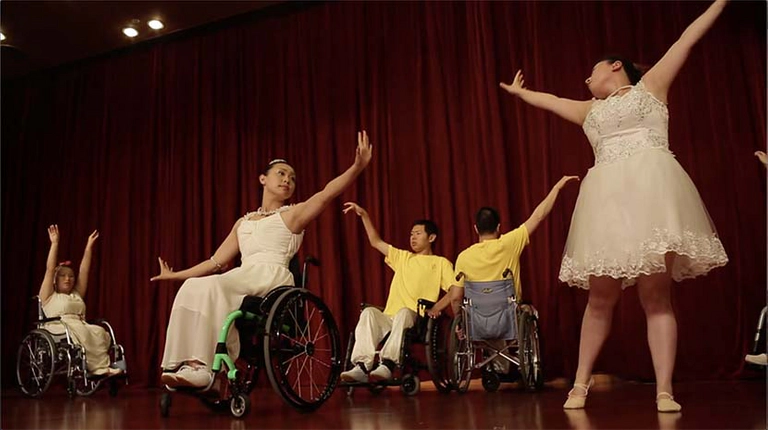
In Shanghai, Home of Hope is the city’s first dance group that includes only people with paraplegia, aiming to reshape perceptions of accessibility in China.
After a car accident in 2012, Pan Jing—a Chinese professional dancer—undertook spinal cord rehabilitation at Shanghai’s Sunshine Medical Rehabilitation Centre. There, she had the idea to create dance routines for people in wheelchairs.
Since forming in 2014, the dancers have performed more than 70 shows, including some on national television. The group inspired many patients along the way and helped its members process their traumatic experiences. Today, the people involved hope its influence will spread outside of the program to reach more people with disabilities.
Why does it matter? In China, people with disabilities often encounter physical and social barriers as the country has stigmatized disability for a long time. Indeed, the official term to refer to people with disabilities until the mid-1980s was “*Canfei”—*a combination of two Chinese characters meaning “incomplete” and “useless.” Today, things are shifting, and several groups are pushing to start using other terms.
Home of Hope is a safe space where its members feel accepted and understood. They hope their performances can play a part in changing Chinese society’s views regarding disabilities.
🌍 Meanwhile, Worldwide …
🏠 Japan developed the first-ever carbon-negative concrete. By using CO2 gas instead of water during the curing process, one cubic metre of CO2-SUICOM removes 18kg of carbon dioxide from the atmosphere instead of the 288 kilograms emitted by traditional concrete.
🎬 17-year-old Mariella Satow developed SignUp, a chrome extension that provides sign language versions of Disney+ classics like Frozen, Moana, and The Incredibles. This extension aims to make movies accessible to audiences who cannot hear and read subtitles (e.g. young deaf viewers).
✈ Alaska Airlines is the first major airline to eliminate plastic cups to serve water to passengers. The company estimates that this measure will save 800,000 kg of single-use plastic each year.
🌳 In the UK, Hugh Huddy and Madeleine Sugden created a podcast that features the sounds of the landscapes the family has discovered on walks and other trips. Eighteen months after its launch, Radio Lento already hit 117,000 downloads!
🔋 A recent study showed that recycled lithium batteries have better life cycle energy retention than brand new ones. This discovery opens opportunities to create a circular flow that would prevent mining new lithium—and the associated harmful consequences.
😍 Wholesomeness
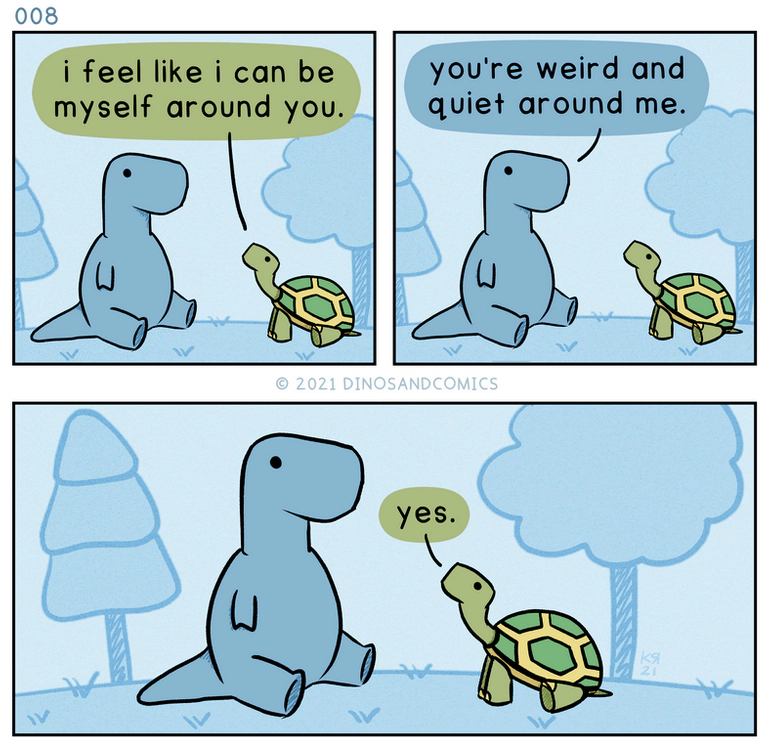
That’s a wrap. If you enjoyed this newsletter, please share it with your friends! For any feedback, reach out and drop a comment here or on our social media platforms :-)
Have an amazing week ahead 💗
Related Posts
🦉 Energy Wall and Owls
Hi 👋 Did you know? If you enjoy watching horror movies, they might have a therapeutic effect on you. Indeed, they allow some people to control their fears and manage stress in a safe environment.
🍻 Drones and Beers
Hui 👋 Did you know? A new study suggests that dogs can distinguish between humans’ intentional and unintentional actions, reflecting that the bond between dogs and humans is even deeper than we previously thought.
💎 Diamonds and Eelgrass
Hi 👋 Did you know? In Switzerland, it is illegal to keep a guinea pig in isolation. Indeed, you have to own at least two of them so that they can socialize together.
